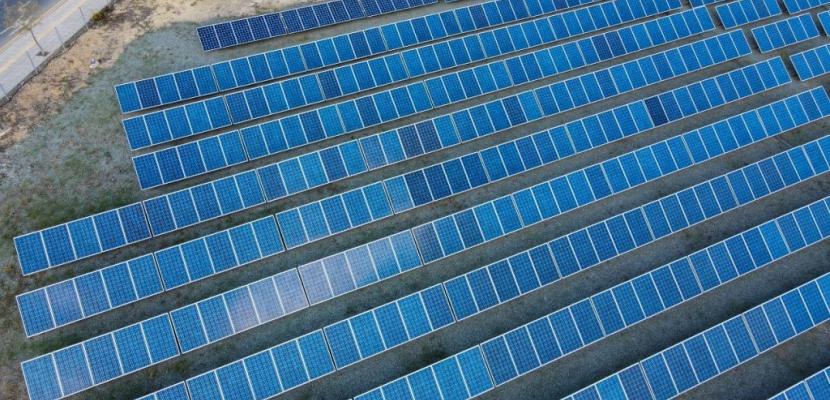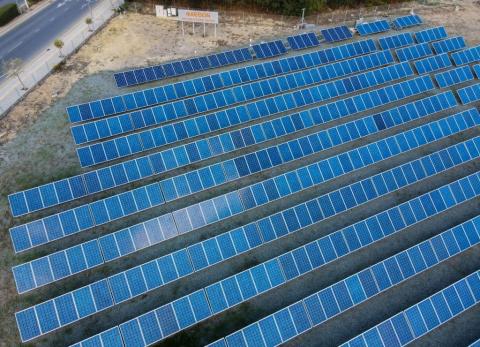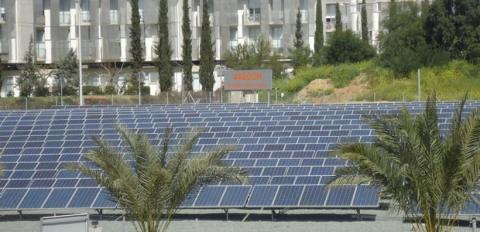
Transformation of the Campus of UCY into a green and smart Campus (energy self-sufficient)-PHASE A

About this good practice
The Phaethon PV not only addresses the energy sustainability needs of the University of Cyprus but also fosters a sense of community resilience and environmental stewardship. By transforming the university community into an energy self-sufficient entity, the practice promotes a collective approach to energy management and sustainability. It exemplifies a primary energy community wherein members actively participate in generating and utilizing renewable energy resources.
The practice encourages community engagement by involving students, faculty, and staff in the awareness and implementation of sustainable energy practices. Through initiatives such as educational programs, workshops, and community outreach, the park fosters a shared commitment to reduce carbon footprint and promote renewable energy. Moreover, by producing energy locally and consuming it within the campus, Phaethon Park strengthens the university's connection to the surrounding community, fostering a sense of shared responsibility towards environmental conservation.
As a primary energy community, Phaethon Park serves as a model for decentralized energy production and consumption, demonstrating the feasibility and benefits of localized renewable energy initiatives. By empowering communities to take control of their energy needs, the practice contributes to broader sustainability goals and reinforces the notion of collective action in combating climate change.
Expert opinion
Resources needed
The total budget was €700,000+VAT, covering the installation of 1,645 solar panels, 23 power inverters, and two information boards. The project involved solar installations across five building rooftops, as well as a ground-mounted system.
Funded by the European Regional Development Fund (ERDF).
Evidence of success
In its first year, the Phaethon Photovoltaic Park produced 638,000 kWh, avoiding 250 tons of CO2 emissions, equivalent to the absorption capacity of 840 trees. From an economic point of view, it translates to saving the University of Cyprus about €110,000 annually.
Potential for learning or transfer
The Phaethon Photovoltaic Park exemplifies a successful model for sustainable energy adoption that other regions can learn from. Its key success factors lie in leveraging renewable resources, such as ample sunlight, to generate clean energy. The practice demonstrates effective integration within existing infrastructure, showcasing the feasibility of decentralized energy production. Additionally, its community-centric approach fosters engagement and buy-in, essential for long-term sustainability. However, challenges may arise in replicating the initiative, including initial investment costs and regulatory barriers. Despite this, transferability is feasible, as seen in similar projects adopted by institutions worldwide, showcasing the potential for knowledge exchange and collaboration in advancing renewable energy agendas globally.



